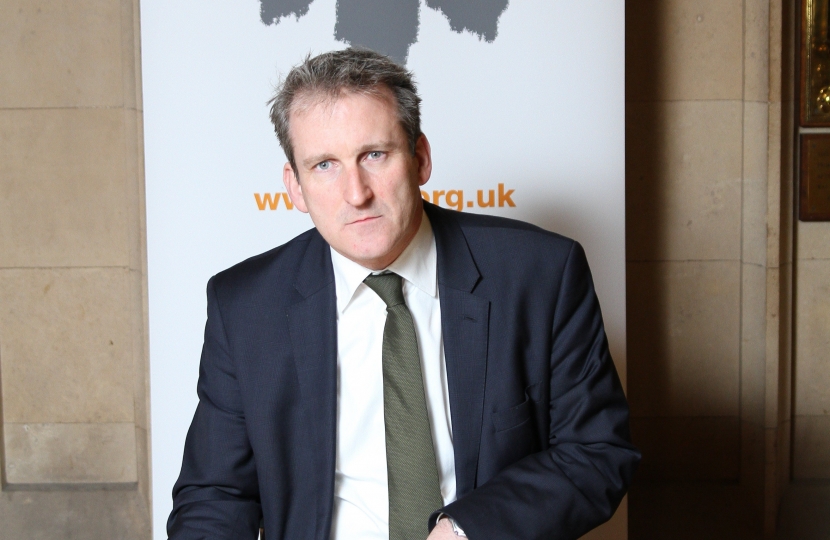
On Holocaust Memorial Day, Damian honours the victims and survivors of the Holocaust in his regular column in the Petersfield Post.
"Today is Holocaust Memorial Day, which marks the anniversary of the liberation of the Nazi concentration camp Auschwitz-Birkenau and commemorates the people, families and communities that were lost during the Holocaust, as well as in subsequent genocides.
The theme for this year – Don’t Stand By - delivers a clear call to action in the present: focusing on the enduring relevance of the Holocaust, and considering individual responsibilities not to be bystanders to hate crime, prejudice and discrimination.
It was the 70th anniversary of the Holocaust last year and as it moves from living history, to just history, it becomes ever more important to take time to remember not only the scale of atrocity that took place but also its systematic inhumanity; it is vital that it remains as incomprehensible to us now as it has ever done, so we do not stand by silently today or at any point in the future.
Many will remember the humbling exploits of Sir Nicholas Winton OBE who refused to ignore the plight of Jewish refugees and organised the Kindertransport from Czechoslavakia to Britain in 1939, saving the lives of 669 children. He had a simple motivation: to help fellow human beings who faced persecution by those that hated them for being different.
Despite the warning from history, since 1945 genocide has taken place again and again. Racism and hate crime have not gone away and these intolerances continue to exist in societies across the world as well as communities closer to home, and they remain both divisive and dangerous.
I was really struck when I first visited Rwanda some years after their 1994 genocide that here was a country where everyone you met was among the kindest, friendliest people you could ever imagine and yet a strength of hatred could be sown amongst them that could lead to neighbour butchering neighbour and a loss of one in ten of the population.
The Holocaust did not start in the gas chambers of Auschwitz but began with nothing more than words. Verbal insults and abuse were followed by degrading segregation and discrimination before mass murder on an unprecedented scale. Through fear, or indifference, fellow citizens allowed this to happen, and as one survivor put it “the people who ordered and implemented these horrible deeds were not so many, but infinitely many others let it happen, because they lacked the courage to prevent them.”
And as Elie Wiesel, another survivor, said during his acceptance speech for the Nobel Peace Prize in 1986, “Neutrality helps the oppressor, never the victim. Silence encourages the tormentor, never the tormented”. We can all challenge prejudice and discrimination if we hear and see it in our schools, workplaces or civic spaces; sharing knowledge and personal experiences are powerful tools in this regard and I commend all East Hampshire schools that have hosted a Holocaust survivor to talk to their students.
Britain will have a new National Memorial and world-class Learning Centre to commemorate and educate about the Holocaust as a result of recommendations accepted from the cross-party Holocaust Commission last year. This will include an endowment fund to secure the long term future of Holocaust education across the country, as well as a programme to record and preserve the testimony of British Holocaust survivors, so their life stories can inform and educate far into the future."

